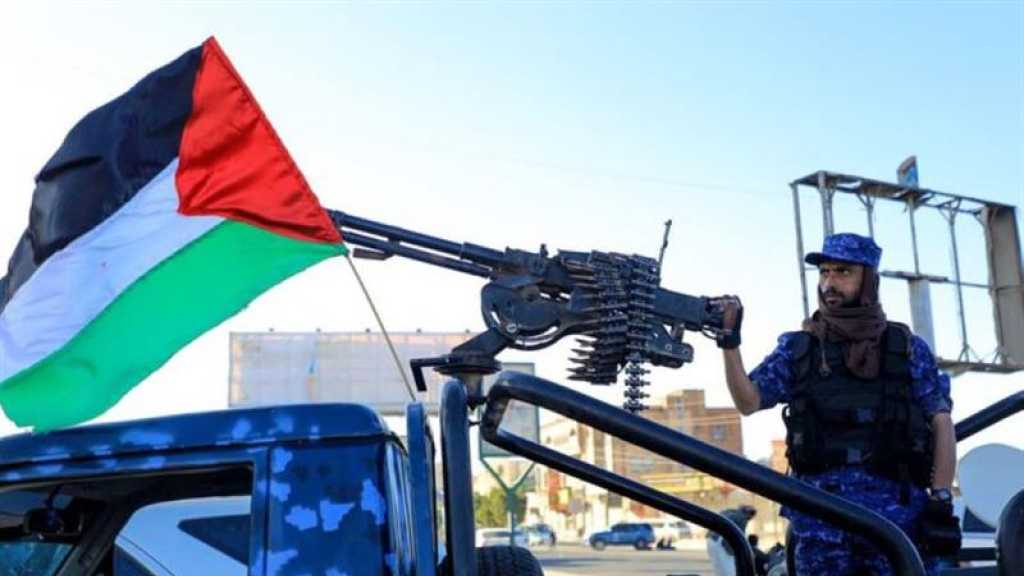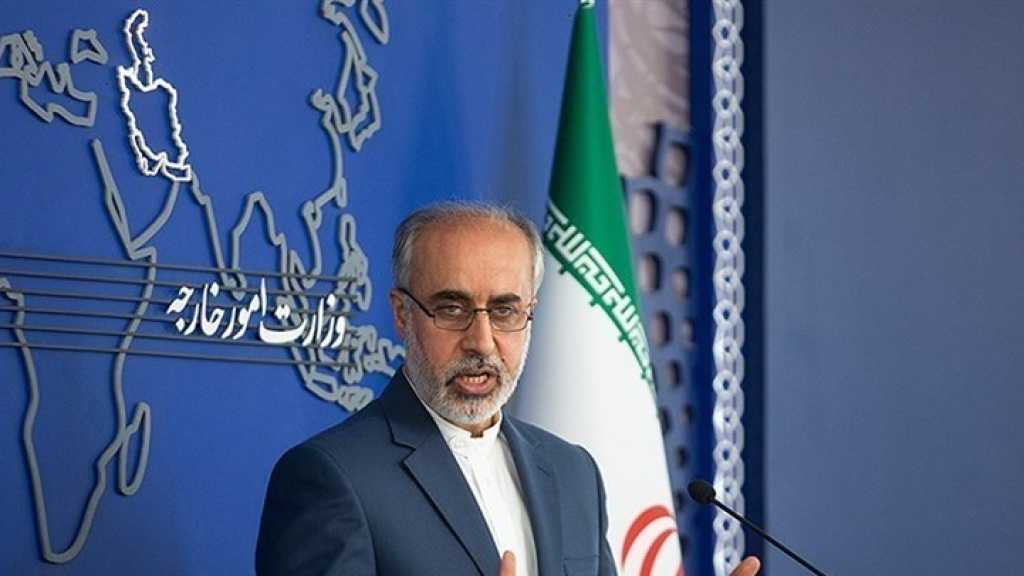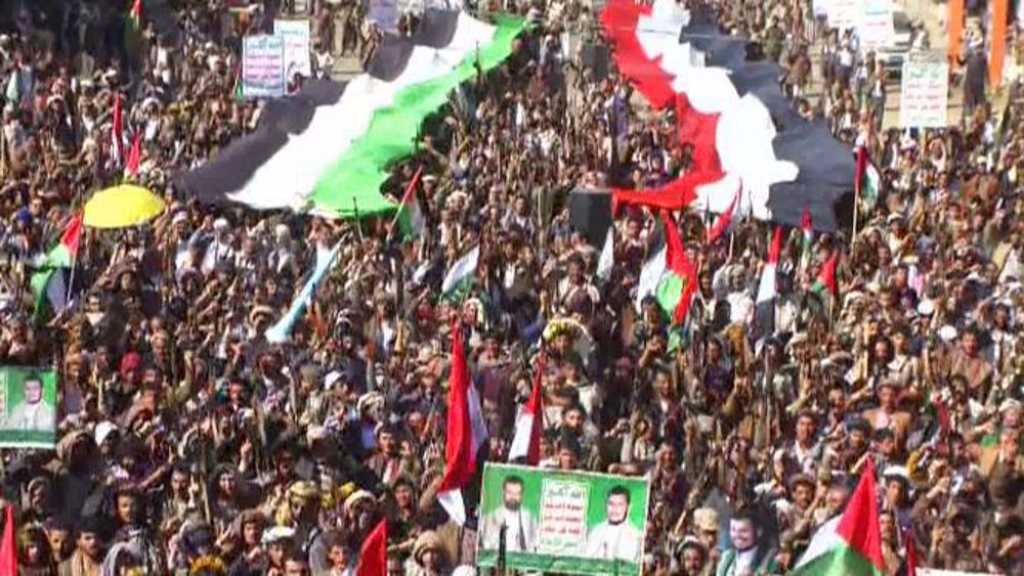
NYT: War in Yemen Allowing al-Qaeda to Expand
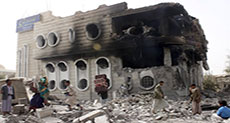
Local Editor
Al-Qaeda in the Arabian Peninsula - also known as AQAP is capitalizing on the expanding multisided war in Yemen to carve out territory for itself. When its militants stormed Al Mukalla, the capital of Hadhramaut Province, they seized government buildings, looted the central bank office and freed hundreds of inmates from the city penitentiary, including a senior leader of the group.
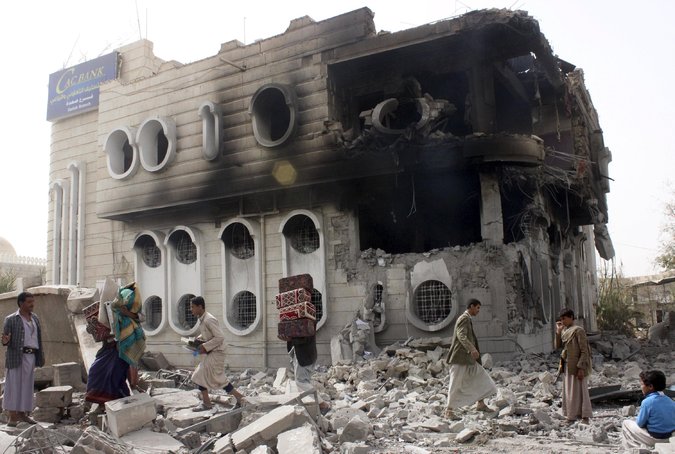
However, the terrorist group's adversaries in Yemen were largely in disarray or distracted by other fighting. Military units had melted away or put up little resistance as al-Qaeda had advanced.
Moreover, the Houthis, a Yemeni movement from northern Yemen that is considered al-Qaeda's most determined foe, had been preoccupied with defense against the aerial assaults from the Saudi-led Arab coalition, which was trying to control the Yemeni sovereignty.
Saudi Arabia had focused on crippling the Houthis, leaving al-Qaeda all but unopposed around Al Mukalla.
Still, the Saudi aggression on Yemen had indirectly helped empower al-Qaeda in ways the group had not enjoyed before.
Furthermore, its fighters were "now developing relations with Yemeni tribal leaders who share antipathy for the Houthis and their allies," said Jamal Benomar, the United Nations diplomat who had unsuccessfully sought to achieve a political reconciliation in Yemen.
In a similar notion, Pentagon officials in Washington acknowledged that the American-backed Saudi airstrikes had created more space for the terrorist group to gain territory. Secretary Ashton B. Carter called gains by the group "of serious concern" to the United States.
"It's obvious that it's easier to do our counterterror operations when there's a settled government" in Yemen, he said. "In the meantime, we need to, and do, protect ourselves against AQAP. Because they are dangerous."
Consequently, the political deadlock had contributed to increasingly dire assessments from international aid agencies about the toll on civilians in Yemen, a country that must import nearly all of its food.
Nonetheless, the Saudi-led military coalition had imposed an air and sea blockade, which, along with the fighting, had caused critical shortages of food and fuel in many cities, including Sana, the capital, and Aden, a southern port gripped by combat for weeks.
Source: The New York Times, Edited by website team
Comments
- Related News
